By Joao “Jay” Pereira, PhD, PE, and Charles “Chuck” Lanigan
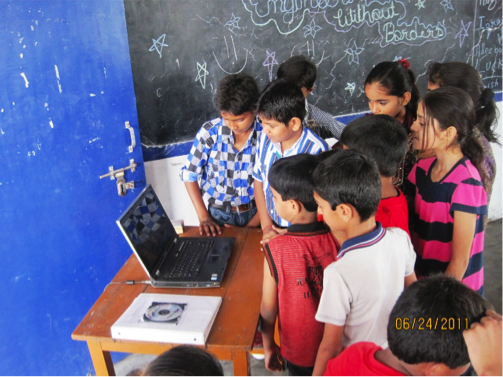 Compared to ASCE, Engineers without Borders USA (EWB-USA) is a new kid on the block. Organized in 2002 by Dr. Bernard Amadei, a world renowned civil geotechnical engineer, EWB-USA harnesses the skills of engineers to tackle the challenges that keep the world’s poorest people from living healthy, productive lives. The Pittsburgh professional chapter (EWB-PPC), established in 2008, is one of nearly 500 chapters around the country.
Compared to ASCE, Engineers without Borders USA (EWB-USA) is a new kid on the block. Organized in 2002 by Dr. Bernard Amadei, a world renowned civil geotechnical engineer, EWB-USA harnesses the skills of engineers to tackle the challenges that keep the world’s poorest people from living healthy, productive lives. The Pittsburgh professional chapter (EWB-PPC), established in 2008, is one of nearly 500 chapters around the country.
ASCE partners with EWB-USA and contributes more than $100,000 annually to the organization. The two organizations collaborate on several programs including The Community Engineering Corps, an alliance of EWB-USA, ASCE and the American Water Works Association. According to EWB-USA, this program unites more than 200,000 technical professionals and students in designing engineering solutions for underserved communities in the U.S.
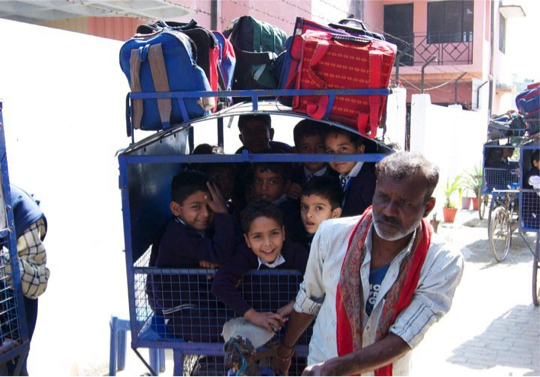
The ASCE Pittsburgh Section (ASCE-PGH) helps sponsor the EWB Pittsburgh professional chapter with a contribution of $500 annually. A number of EWB-PPC members belong to both ASCE and EWB local chapters, and many aspects of the groups’ missions overlap. ASCE-PGH funding helps support EWB-PPC’s current water treatment and delivery project in Curingue, Ecuador, as well as our local Hilltop Men’s Association Sustainable Farmhouse Project.
ASCE-Pittsburgh not only supports and funds the local EWB projects, our members and officers also participate in those projects. Sam Shamsi, current President-Elect was the founder and mentor for an EWB-CMU project in India during 2010-2012; Cathy Bazan-Arias, 2015-16 President was a mentor for the EWB-PPC / EWB-Pitt joint project in Mali (Africa) and for the EWB-PPC / EWB-CMU joint Emerald Park project in Mt. Washington, Pittsburgh.
EWB-PPC’s membership includes professionals with backgrounds in civil, nuclear and electrical engineering. The chapter also enlists volunteer efforts of non-engineers from fields such as healthcare and education. Pittsburgh chapter members range in age from 20 to more than 60 years old and come from across the country and the world including Oregon and Florida, Portugal, Spain, El Salvador, Mexico, India, and the UK.
Involvement in EWB-PPC projects gives members opportunities for mentorship and learning, and to gain invaluable hours of professional experience. The EWB-USA $100/year membership is discounted to $35/year for ASCE national members. EWB helps engineers become better-rounded practitioners through collaboration with professionals of different backgrounds. Participation in projects and tasks outside of their field of expertise allows cross-training among volunteers. Recent opportunities include the use of surveying instruments and basic HeartSaver first aid field certification through the University of Pittsburgh.
The University of Pittsburgh and Carnegie Mellon University both sponsor EWB student chapters. This support provides students the opportunity to gain hands-on experience with seasoned professionals who bring a wealth of experience and dedication.
Roger Lee Price, who recently retired from Penn State Outreach, says of his involvement with EWB-PPC, “I have been meeting and working with a great group of young engineers during the initial stages of an exciting project to provide safe drinking water for a community located in Ecuador. During March 2017, I completed an awesome, highly successful one month assignment working on a project performed in support of the EWB Engineering Service Corps-USAID Farmer-to-Farmer Program in Kosovo.”
Following his retirement, Dennis Mialki uses the engineering and project management skills gained over a lifetime to improve the lives of others. His most recent project with EWB has allowed him to add Ecuador to the list of countries where he has had the privilege to work.
Emily Eichner, a practicing civil engineer who formerly acted as EWB-PPC’s liaison to ASCE, came to Pittsburgh from the EWB Portland Chapter. She says her EWB involvement has helped her grow professionally. Says Emily, “[EWB] has allowed me to work on an entire project start to finish, concept plan to design to construction. It is rare that a ‘regular job’ will have room for employees to work on so many different aspects of a project. [EWB] helps its volunteers learn and understand the engineering process more thoroughly.”
Similiarly, Mike Krepsik is a civil geotechnical engineer who serves on ASCE’s Continuing Education Committee. He was heavily involved with EWB in Florida before serving as a reviewer for one of the Pittsburgh professional chapter’s projects in Ecuador. Mike says his experience volunteering with EWB, “…Provided me with leadership, management, and design opportunities during the early stages of my career. As a young engineer, working with EWB thrust me into these roles, providing the experience I needed to manage small projects. My experience translated into an earlier promotion to a project manager role.”
Although a volunteer organization, EWB-PPC relies partly on fundraising and grants such as those ASCE provides to pay for travel and materials. Recent fundraising efforts include Whiskey for Water and golf outings that support the current clean water project in Curingue, which will supply potable water to a community 12,000 feet (3,657 meters) in the Andes. Residents currently trek 250 meters each way daily to carry water from a spring that was found to contain e. coli contamination. The project team and community members secured funding, completed a survey, and excavated and poured concrete for the pumphouse. Project manager Ken Hornfeck says, “That community has inspired me in countless ways with their dedication, work ethic, selflessness, and continual demonstration of contentment and optimism. It is that spirit that drives me and our project team.”
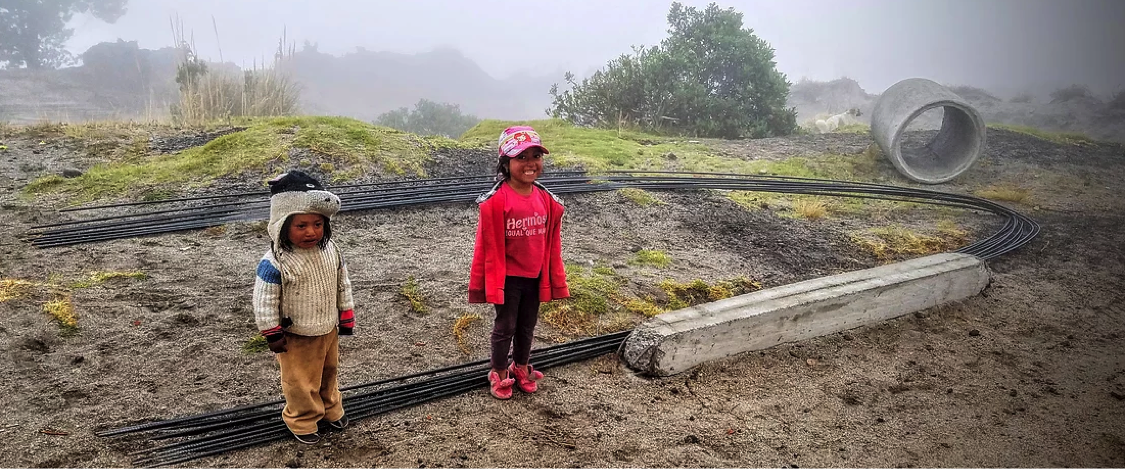
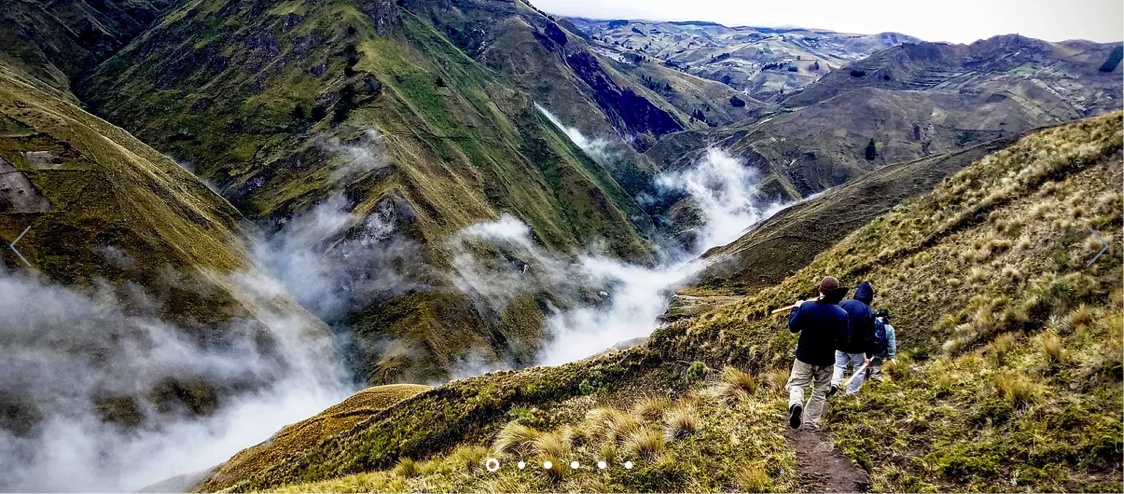
EWB participates only on projects where its assistance is requested. Projects are subject to standard engineering practices and Professional Engineer (PE) oversight, and not all projects are accepted. The chapter often collaborates with other local groups in addition to ASCE. For example, EWB-PPC is partnering with the Hilltop Men’s Group in on the Sustainable Farmhouse project in Pittsburgh’s Beltzhoover neighborhood. The project will use solar energy, recaptured rainwater, and green design to build community meeting place and grow fresh produce. Additionally, a new Wilkinsburg project is underway in partnership with Community Forge, where EWB will help replace retaining walls and redesign the play area. Lastly, the Esser Plaza Revitalization project in the South Side is entering its final design and is expected to be constructed in the Summer of 2019.
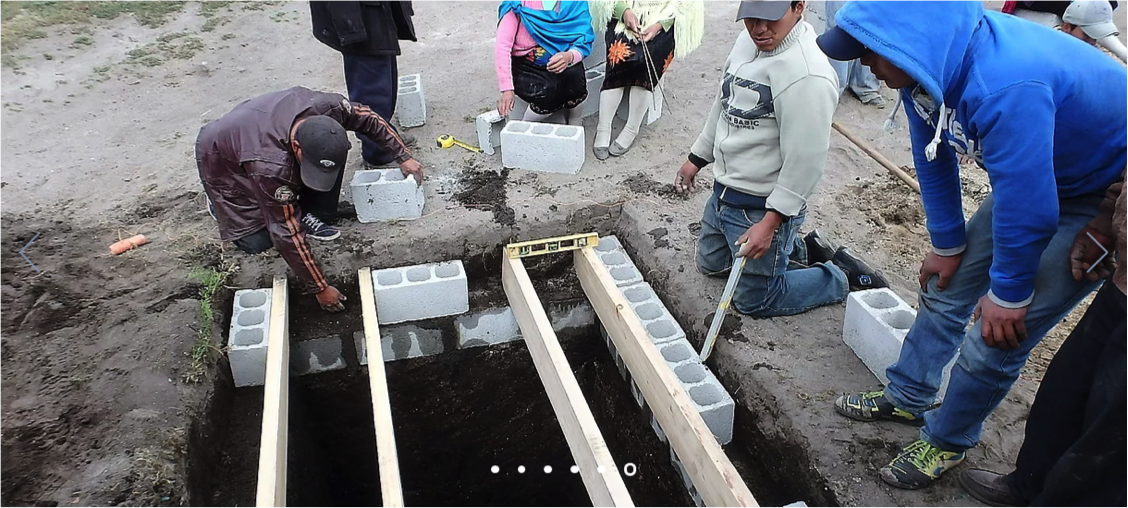
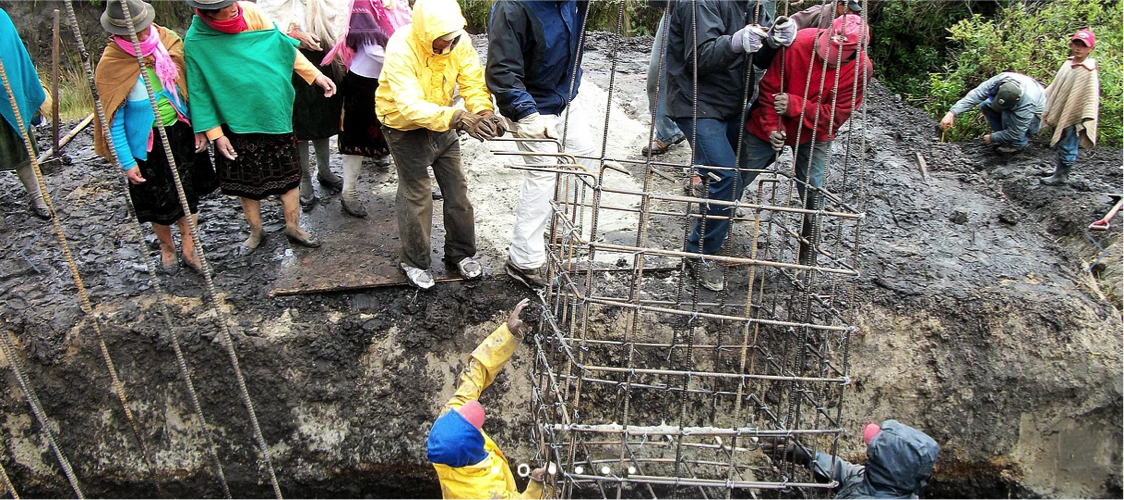
Although the engineering experience EWB-PPC volunteers gain participating in the design, field data collection, and construction phases of projects is invaluable, EWB-PPC strives additionally to see the work done by its members count toward Professional Development Hours (PDH). EWB provides technical experience on diverse engineering projects around the world. EWB-PPC chapter members work in different states and countries and become familiar with a variety of engineering regulation, standards, and practices that help them become well rounded professionals.
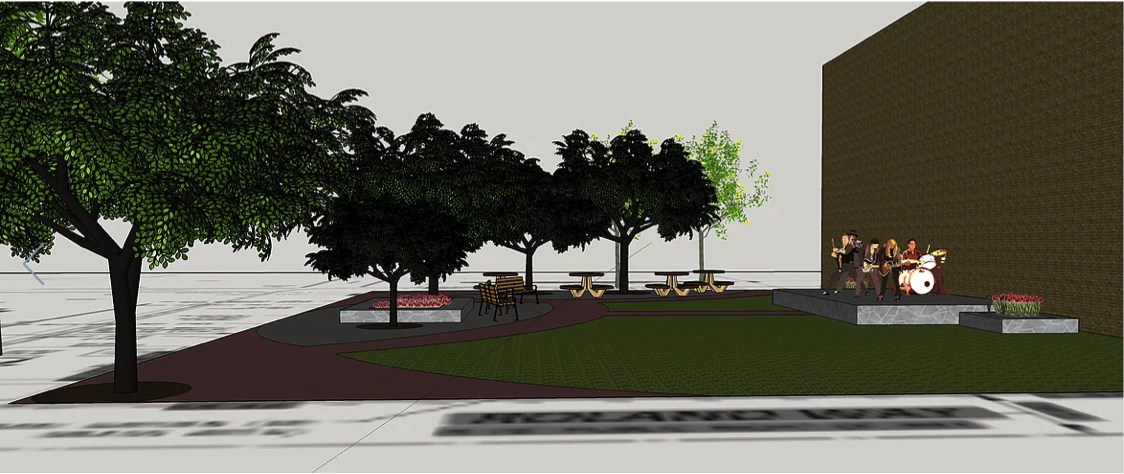
Links with further information:
Engineers Without Borders USA: https://www.ewb-usa.org/
Engineers Without Borders - Pittsburgh Professional Chapter: https://www.ewb-pitt.org/
Engineers Without Borders – Carnegie Mellon University Student Chapter: https://pittewb.wordpress.com/
Engineers Without Borders – University of Pittsburgh Student Chapter: https://pittewb.wordpress.com/
